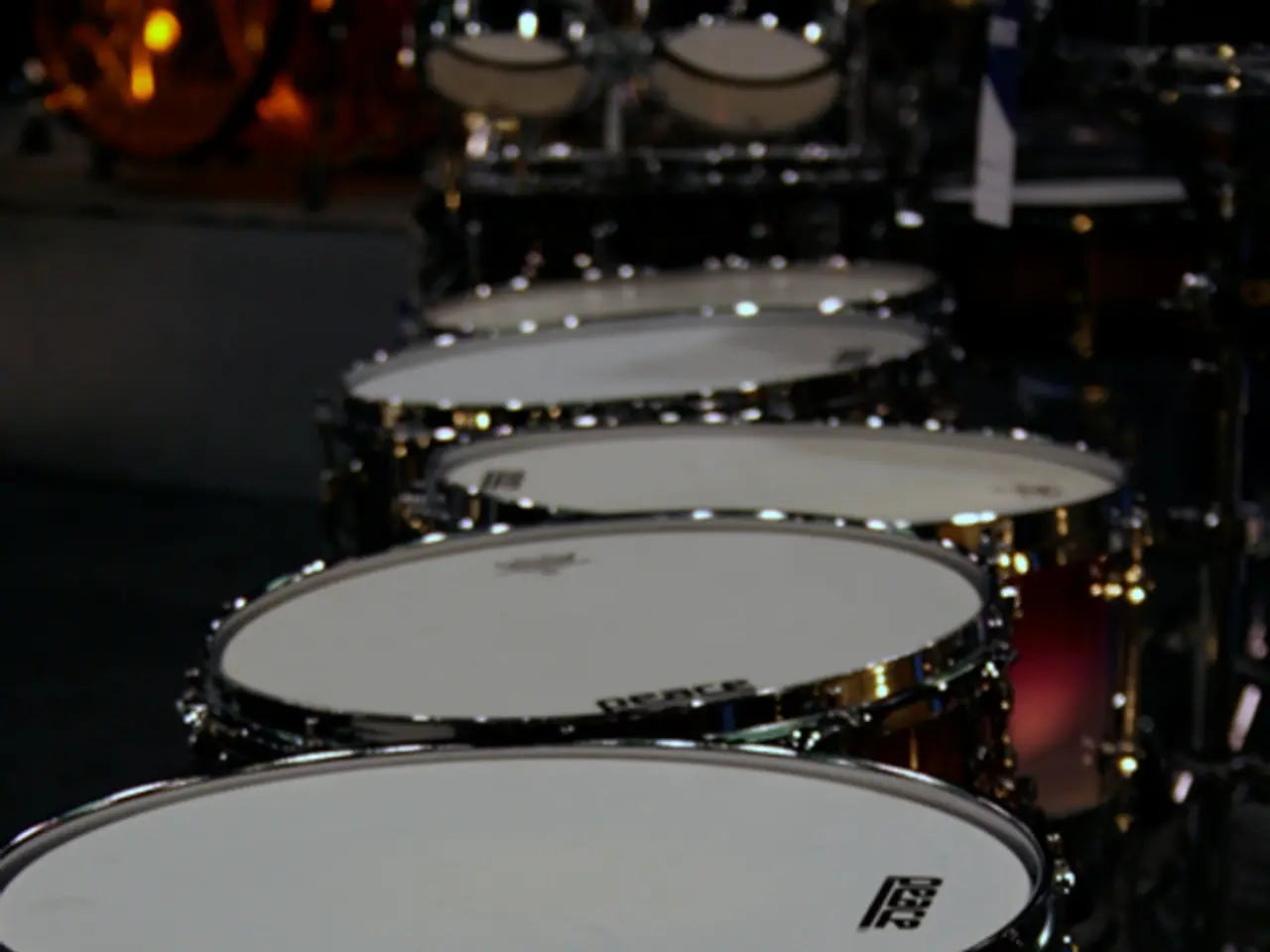Medical plastic-eating 'superbug' identified
In a groundbreaking discovery, the bacterium Pseudomonas aeruginosa has been found to digest a common type of medical plastic, polycaprolactone (PCL), which is used in various medical implants and devices [1][2]. This finding challenges the long-held belief that pathogens cannot degrade medical plastics.
The degradation process is facilitated by an enzyme called Pap1, which P. aeruginosa produces to digest PCL and use the resulting fragments as a carbon source [1][2]. This ability has serious implications for patient safety as the plastic fragments help the bacteria form stronger biofilms—dense microbial communities that are highly resistant to antibiotics, disinfectants, and the immune system [1][2]. These biofilms enable persistent infections, particularly associated with devices like catheters and ventilators, making infections more difficult to treat and leading to potentially increased healthcare costs and morbidity [2].
The implications of this discovery extend beyond PCL. Similar enzymes are found in other hospital pathogens, suggesting that this plastic-degrading ability might extend to other common medical plastics such as polyurethane and polyethylene terephthalate, which are used in wound dressings, implants, and vascular grafts [1][2]. This broadens the threat beyond PCL alone and challenges the assumption that these "sterile" materials are always safe in clinical environments.
P. aeruginosa is among a group of bacteria responsible for the majority of hospital infections that can resist antibiotics. Its plastic-eating ability may contribute to hospital outbreaks [1][2]. Infection control experts may need to reevaluate hospital environment monitoring in light of these findings.
More research is needed to understand the prevalence of these enzymes among pathogens and their impacts on virulence. The impact of plastic-digesting pathogens on patient safety needs further understanding. As the role of sustainability in medical plastics is an ongoing discussion, focusing on plastics harder for microbes to digest in hospitals could be a potential solution.
References: - [1] Earth.com article on Pseudomonas aeruginosa degrading PCL and biofilm implications (2025-08-01) - [2] Prince Ea report on biofilm formation and broader pathogen threat (2025-07-31) - The need for digital health and AI innovation in this context has led to the establishment of a new £1m Centre of Excellence.
Digital health and AI innovation could play a significant role in addressing the threat posed by bacteria that can degrade medical plastics, such as Pseudomonas aeruginosa, which pose a risk to health-and-wellness due to their ability to form stronger biofilms on medical-conditions associated with devices like catheters and ventilators. The discovery of enzymes that digest medical plastics like polycaprolactone, polyurethane, and polyethylene terephthalate, underlines the need for science to explore more sustainable alternatives for medical plastics to ensure patient safety.




